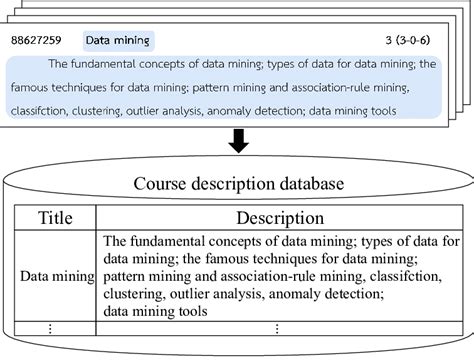Overview
Statistics is the science of collecting, analyzing, interpreting, and presenting data. It is an essential tool for understanding the world around us and making informed decisions. This course will provide an introduction to the basic concepts and methods of statistics, including:

- Data collection: How to collect data from various sources and ensure its accuracy and reliability.
- Data analysis: How to organize, summarize, and visualize data to identify patterns and trends.
- Statistical inference: How to use data to make predictions about a population from which the data was collected.
Course Objectives
By the end of this course, students will be able to:
- Understand the basic concepts and terminology of statistics.
- Collect, analyze, and interpret data using appropriate statistical methods.
- Communicate statistical results effectively in written and oral form.
- Apply statistical reasoning to solve real-world problems.
Course Outline
Module 1: Introduction to Statistics
- What is statistics?
- The role of statistics in everyday life
- Types of data
- Data collection methods
Module 2: Descriptive Statistics
- Summarizing data: Measures of central tendency and variability
- Visualizing data: Graphs and charts
- Probability distributions
Module 3: Inferential Statistics
- Hypothesis testing
- Confidence intervals
- Regression analysis
- Analysis of variance
Module 4: Advanced Topics in Statistics
- Non-parametric statistics
- Time series analysis
- Bayesian statistics
Teaching Methods
This course will be taught through a combination of lectures, discussions, and hands-on activities. Students will be expected to actively participate in class and to complete assignments outside of class. Office hours will be available for additional support.
Assessment
Students will be assessed on their understanding of the course material through a variety of methods, including:
- Quizzes
- Homework assignments
- Midterm exam
- Final exam
- Class participation
Class Description Example: Creating Engaging Online Content
Overview
In today’s digital world, it is essential to be able to create engaging online content that captures the attention of your audience. This course will provide you with the skills and knowledge you need to create high-quality content for websites, blogs, social media, and other online platforms.
Course Objectives
By the end of this course, students will be able to:
- Understand the principles of effective online content creation.
- Create content that is engaging, informative, and shareable.
- Use a variety of tools and techniques to create visually appealing content.
- Promote and distribute your content effectively.
Course Outline
Module 1: Introduction to Online Content Creation
- The importance of online content
- The different types of online content
- The principles of effective online content creation
Module 2: Creating Engaging Content
- Writing for the web
- Visual storytelling
- Using social media to engage your audience
- Creating interactive content
Module 3: Tools and Techniques for Online Content Creation
- Content management systems (CMSs)
- Image editing software
- Video editing software
- Social media marketing tools
Module 4: Promoting and Distributing Your Content
- Search engine optimization (SEO)
- Social media marketing
- Email marketing
- Content syndication
Teaching Methods
This course will be taught through a combination of lectures, demonstrations, and hands-on activities. Students will be expected to actively participate in class and to complete assignments outside of class. Office hours will be available for additional support.
Assessment
Students will be assessed on their understanding of the course material through a variety of methods, including:
- Quizzes
- Homework assignments
- Midterm exam
- Final exam
- Class participation
Class Description Example: Financial Planning for the Future
Overview
Financial planning is essential for achieving your financial goals and securing your future. This course will provide you with the knowledge and skills you need to create a comprehensive financial plan that meets your unique needs and circumstances.
